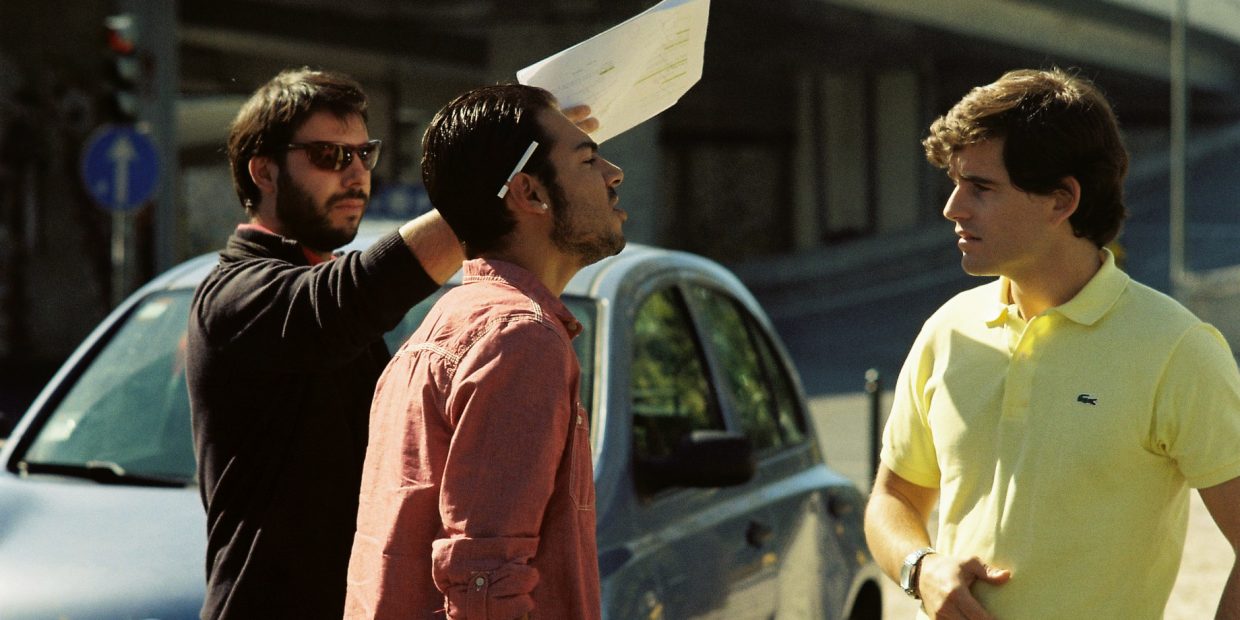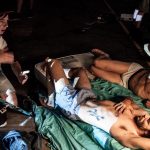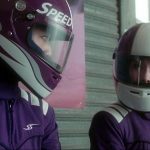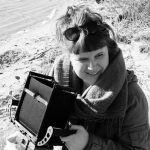In the 18-minute drama Cigano, Portuguese director David Bonneville builds quiet, ambiguous tension over the course of a short but uncomfortable car journey. When the wealthy young Sebastian reluctantly accepts help from a passing Gypsy named Zé-Tó, he is persuaded in return to give the stranger a ride. With these two characters of contrasting backgrounds stuck together in the same contained space, the minutiae of their interactions reveal hidden layers to each of the men.
With Cigano now featuring on the latest New Queer Visions compilation, Men from Boys, we spoke to Bonneville about the short and how it continues some of the themes of his previous work.
What was the original premise behind Cigano?
My short Cigano plays with stereotypes and expectations. In our society we are all trapped in our own perceptions towards others. We don’t see things as they are but through our own eyes…and sometimes appearances can be misleading.
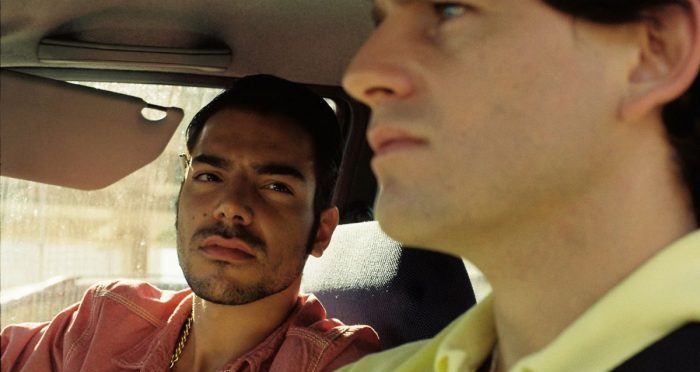
Though there is a level of ambiguity to the film, Cigano hints at hidden sides to each its two main characters. Did you have specific backstories thought out for Zé-Tó and Sebastian when you made the film?
I did have backstories in the back of my mind as I wrote the script; to flesh out the characters. However, I never revealed them to the actors. They created their own individual backstories. And then again, the spectators might do the same as they view the film.
Your previous shorts L’arc-en-ciel and Heiko seem to explore the power dynamics of relationships, especially in terms of sex. Would you say that Cigano explores similar themes of power, albeit in a less explicitly sexual context?
Yes, I think I agree with you. There seems to be a(n) (unconscious) tendency for the repetition of certain elements in many of my films – especially the narrative ones. Power dynamics is certainly one of them. Indeed: Powerful and powerless; old versus young; upper/middle class versus working class.
Do you feel there’s a lot of tension and mistrust around Gypsy communities in Portugal?
I feel there is a certain mistrust. There is also an effort to bridge a gap between Gypsy communities and Portuguese society. There is a large part of Portuguese-based Gypsy communities that are now living in social housing and not in caravans or shantytowns anymore. The kids from Gypsy origin that appear in the bus stop sequence, in the beginning of Cigano, all lived in social housing blocks in Lisbon. That is where I first met them and selected them for the film.
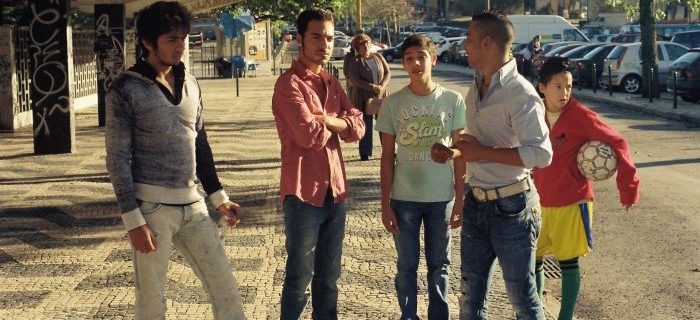
So I feel there is a wealth of diversity within the community. I also met a real Gypsy teenager that came to casting – he was actually studying in a prestigious acting high school in a posh area in the outskirts of Lisbon. The actor was smart and acted well, but unfortunately he was too young for the part.
I feel your films often incorporate technological elements into their depictions of relationships – be it the video camera in L’arc-en-ciel or the sound of a plane flying over a contemporary Adam and Eve in Eden. Do you believe that modern advancements can shape the way we think about sex and romance?
[Laughs] Absolutely. I think everything we live and experience can affect the way we perceive life and how we interact with each other, intimately and socially. I also believe that technology and technological elements are now an intrinsic part of most Westernized people’s daily lives. Yes, there’s the airplane in Eden, the video camera in L’arc-en-Ciel, the automatic photo flashes inside the photobooth in Photomotion, the felt camera in the self-referential casting in Maquette, Heiko starts with a Super16mm projection showing footage of Heiko (the character) at the beach, and Cigano is all set inside a state-of-the art jeep. They are all part of the characters’ universe, as much as they could be a part of ours. Inevitably, these elements will end up shaping the way we live.
Are you working on anything new at the moment?
I am currently casting and location scouting for my first feature film. It will be set entirely in Portugal – mostly in the Douro valley region, where Port wine is produced. The cast is mostly Portuguese, with the exception of a handful of French actors, and hopefully I’ll find a good Brazilian or African (from an Official Portuguese Speaking country) actor to play in my film.
I continue to revisit the script and rewriting is key to fine-tuning the narrative. The story gains maturity in every pass but it seems like a never-ending process. It is the nature of the work though. Writing is rewriting. And I hope the results will translate all the effort and hours and years spent on its development. The project is called The Last Bath and received funding from ICA – Portuguese Film Institute, support from RTP – Portuguese national TV network, and co-production support from the CNC – French Film Board.

